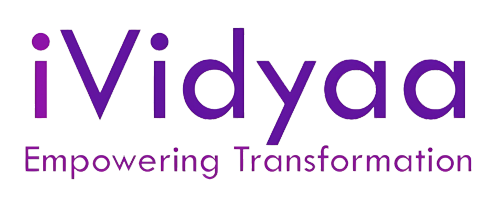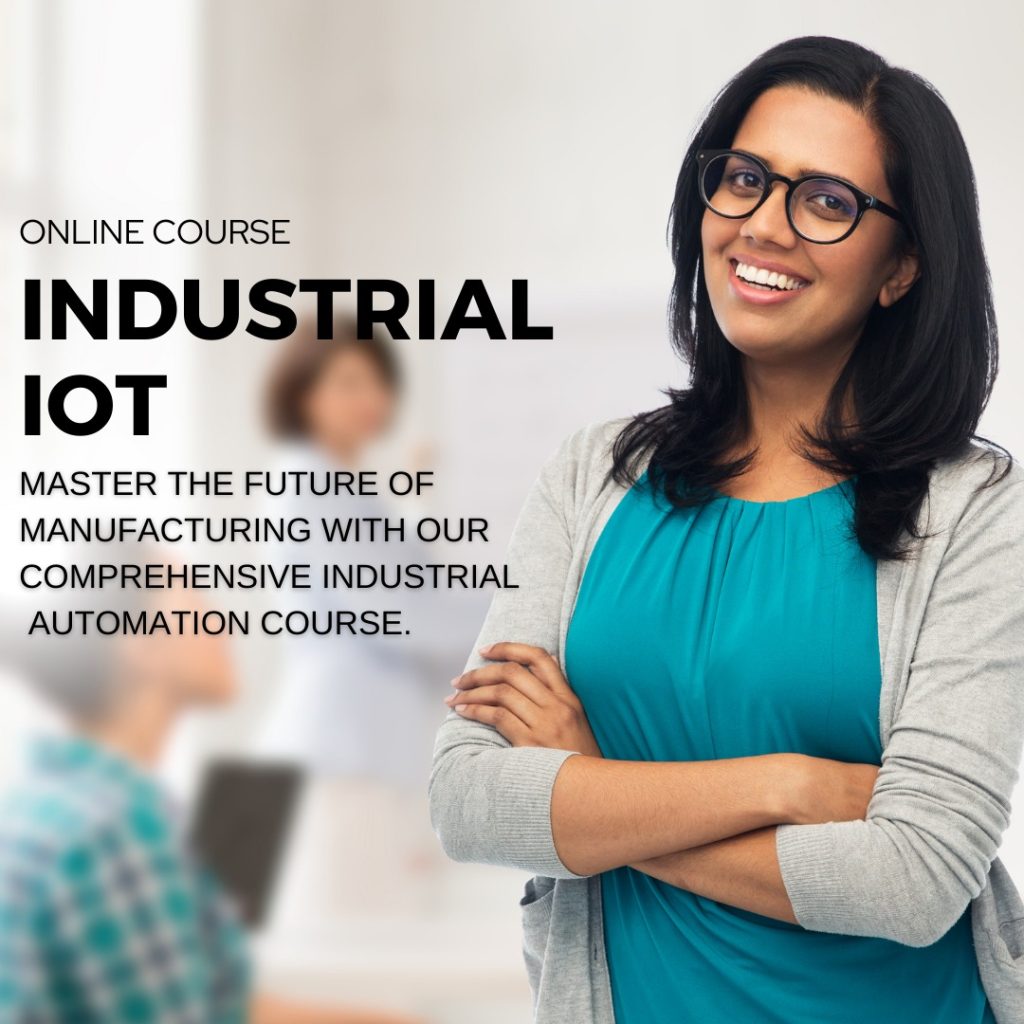
Embark on the journey of gaining expertise in the technologies associated with industrial automation, to meet Industry expectations. Become an expert by acquiring the skills needed to design, implement, and maintain automated systems for automating manufacturing processes, enhancing efficiency, reducing costs, and improving product quality.
With iVidyaa’s one can look forward to a better placement, higher salaries, and fantastic career growth.
Course Duration: (300+ Hours)
| Classroom Hours | Self-Study Hours | Total Hours |
| 84 | 233 | 317 |
Fees: 35000
Discounted Fees: 25000
Tech Stack:
![]()
![]()





Curriculum:
The Industrial Automation course offers an in-depth exploration of the cutting-edge technologies and systems that drive modern manufacturing and production facilities. Students will gain a comprehensive understanding of the fundamentals of industrial automation, starting with essential concepts such as relay control logic and progressing to advanced topics including Programmable Logic Controllers (PLCs), Supervisory Control and Data Acquisition (SCADA) systems, and Human-Machine Interfaces (HMIs). Through this course, participants will learn how these technologies integrate to enhance efficiency, safety, and productivity in industrial settings. The curriculum is designed to provide practical knowledge and hands-on experience, preparing students to design, implement, and troubleshoot automation systems effectively.
This course is invaluable for those aspiring to excel in industrial engineering, automation, and related fields. It covers critical components such as motors, drives, Variable Frequency Drives (VFDs), and field instrumentation control, offering insights into their operation and application. Additionally, the course delves into Distributed Control Systems (DCS), emphasizing their role in complex industrial processes. By the end of the course, students will possess a robust skill set that is highly sought after in industries ranging from manufacturing and energy to pharmaceuticals and beyond, empowering them to contribute to technological advancements and operational excellence in their future careers.
Industrial Automation course
Introduction to Industrial Automation
Basics of Electricity & Electronics
Panel Design & Electrical Switchgears
Protection & Safety
Relay Logic Controls (RLCs)
Automation Components
PLC Hardware
PLC Programming
Ladder Logic Programming
Functional Block Diagram (FBD) Programming (theory)
Structured Text (ST) Programming (theory)
Advance PLC Programming
Interfacing with External devices
Introduction to SCADA
SCADA System
HMI Introduction
HMI System
Introduction to Instrumentation System
Sensors & Transducers
Control Strategies
Signal Interface, Communication
Integration & Communication
Measurement & Other components
Electrical Motors & Controls
Motor Starters & Controllers
Variable Frequency Drives (VFDs)
Introduction to DCS
DCS Architecture
DCS Programming
Control & Communication
LanguageEnglish
| Hours | 317 Hrs |
Benefits of the Course
● Comprehensive Understanding of Industrial Automation Fundamentals: This foundational knowledge is essential for understanding how automated systems improve efficiency, accuracy, and safety in industrial settings. It prepares students for various roles in automation engineering and process management.
● Expertise in Process Automation: Expertise in process automation allows students to streamline operations in industries such as chemical processing, pharmaceuticals, and food and beverage manufacturing, leading to increased productivity and consistency in product quality.
● Proficiency with Programmable Logic Controllers (PLCs): PLC proficiency is crucial for roles in automation and control engineering, as PLCs are widely used to automate machinery and processes in industries such as automotive, packaging, and materials handling.
● Hands-on Experience with SCADA Systems: Hands-on experience with SCADA systems prepares students for careers in industries where remote monitoring and control of industrial processes are essential, such as oil and gas, water treatment, and power generation.
● Knowledge of Human-Machine Interfaces (HMIs) and Variable Frequency Drives (VFDs): This knowledge is applicable in roles that involve the design and maintenance of automation systems, enabling students to create intuitive interfaces and optimize motor control in various industrial applications.
● Familiarity with Field Instrumentation Systems: Field instrumentation knowledge is vital for ensuring accurate data collection and control in industrial processes, making students valuable assets in industries like petrochemicals, manufacturing, and energy.
● Understanding of Industrial Network and Communication Protocols: This understanding is critical for ensuring seamless data exchange and integration between various automation components, which is essential for maintaining efficient and reliable industrial operations.
● Enhanced Career Opportunities: The diverse skill set gained from this course makes students highly competitive in the job market, enabling them to pursue roles that involve designing, implementing, and maintaining sophisticated automation systems across multiple industries.
FAQs
Related Courses You can Join with Us!
Industrial IIOT
Join to master connected manufacturing, understand real-world applications, and expert insights into IIoT opportunities and challenges
OUR INDUSTRY CONNECTS

















